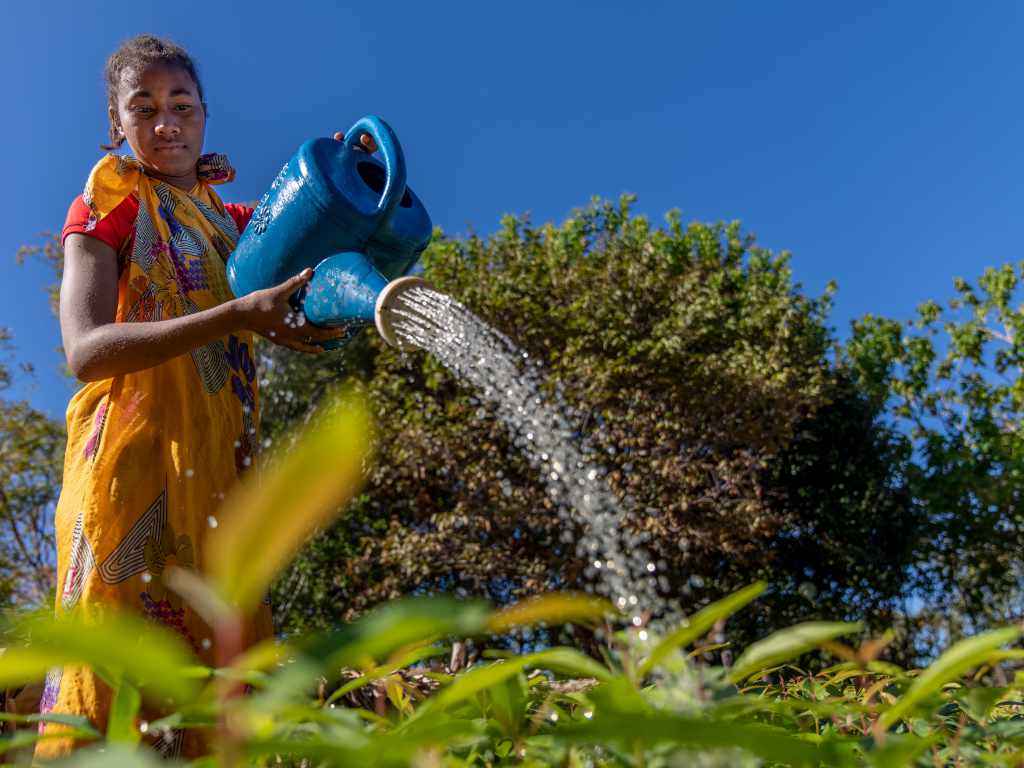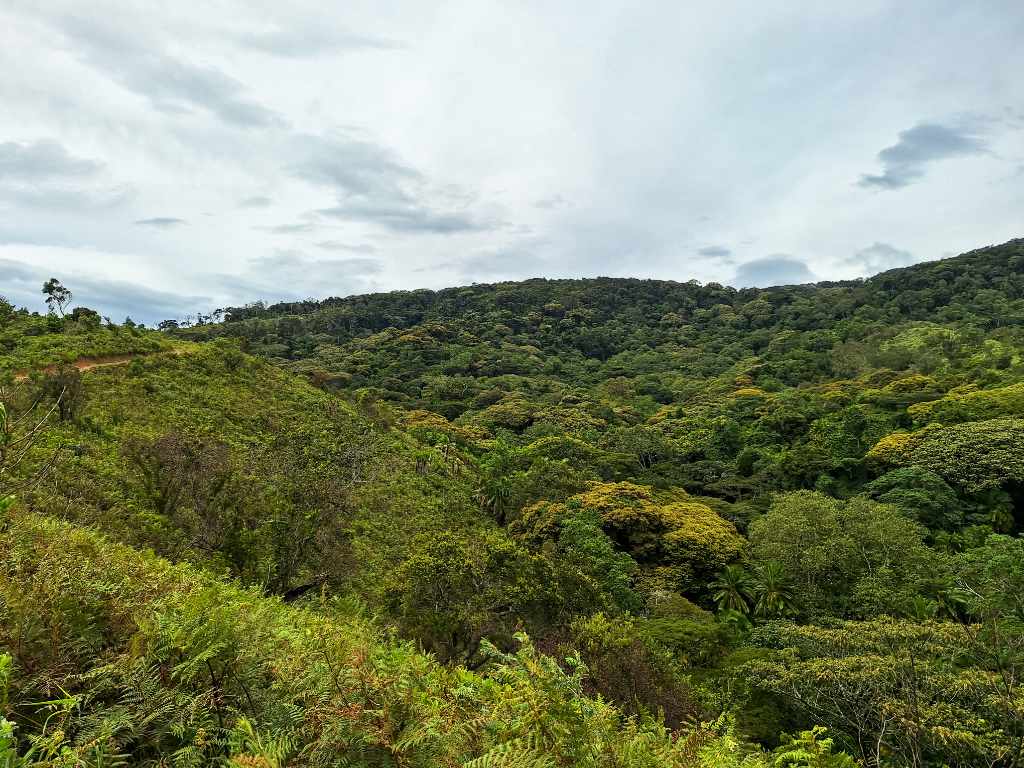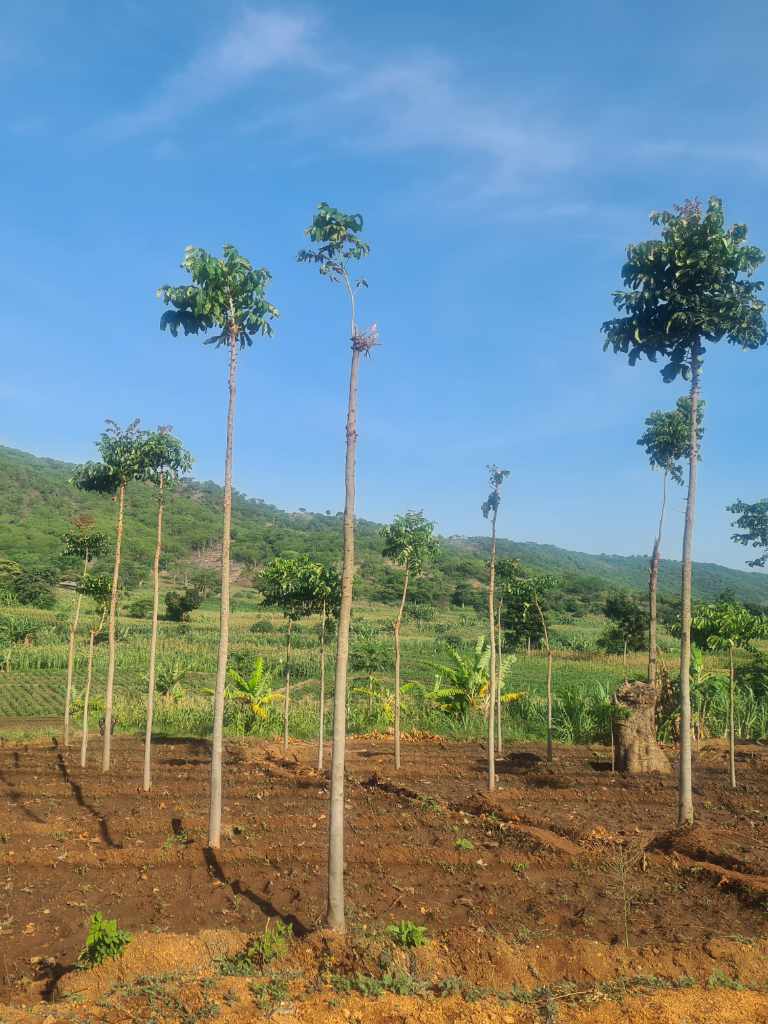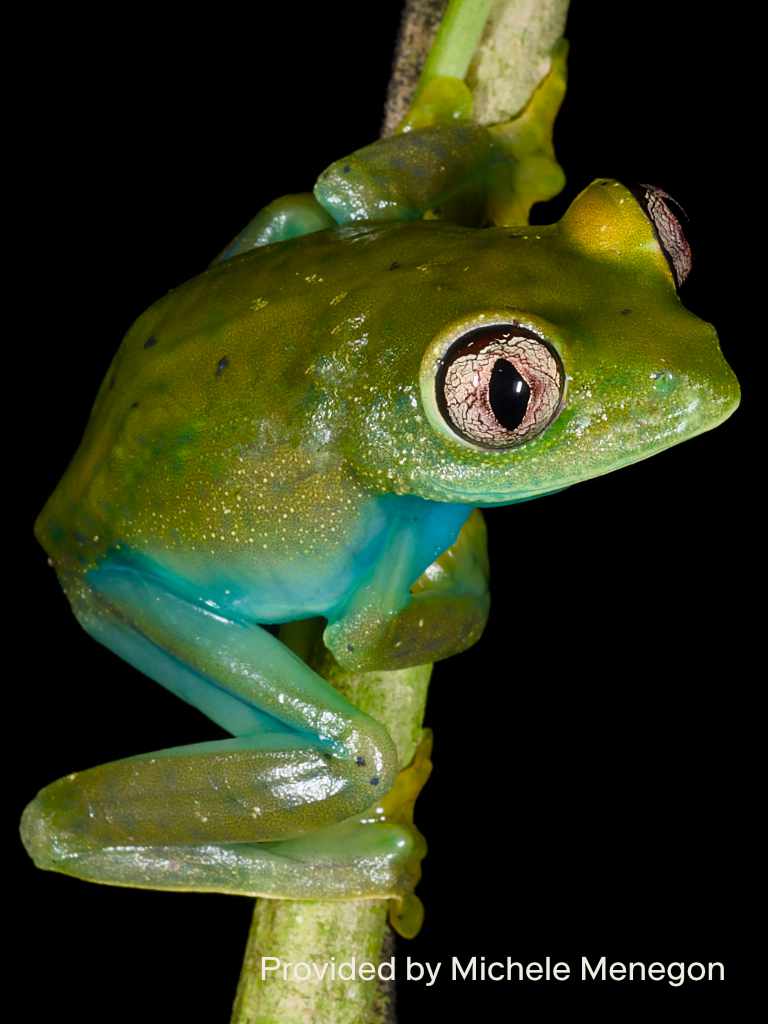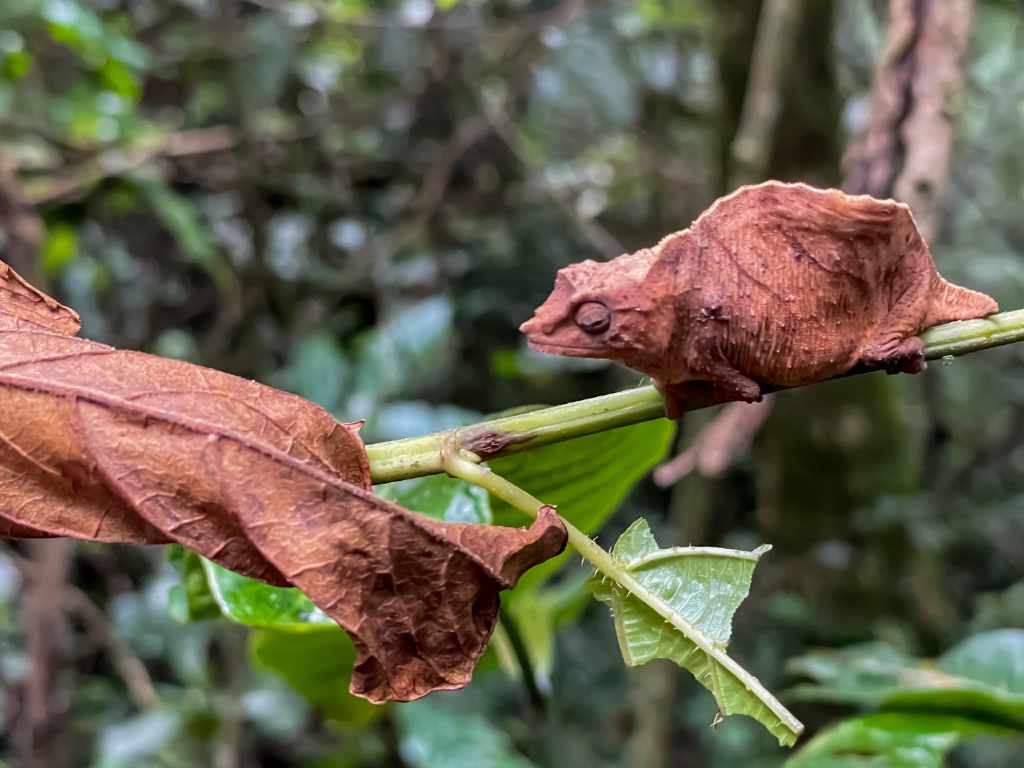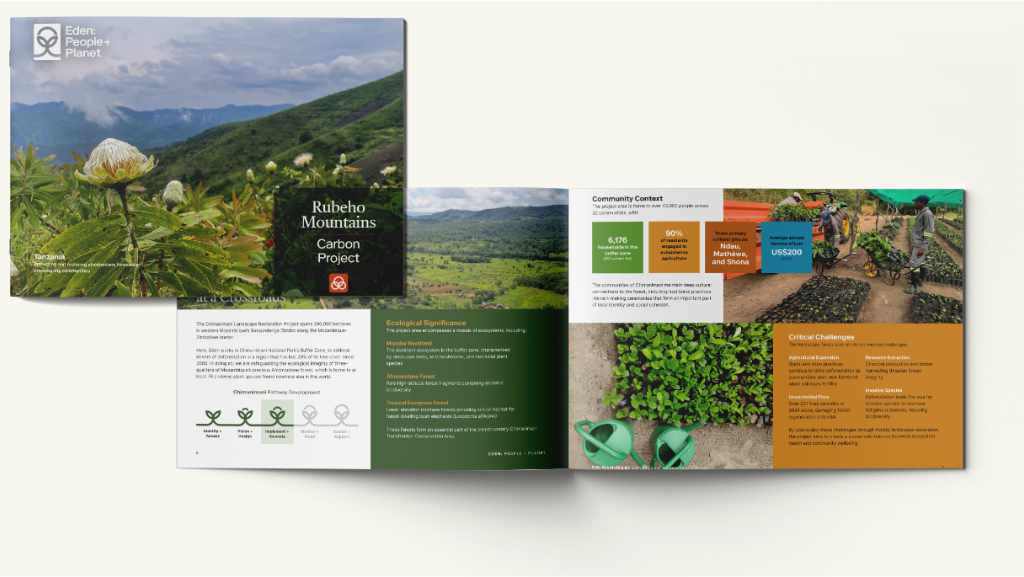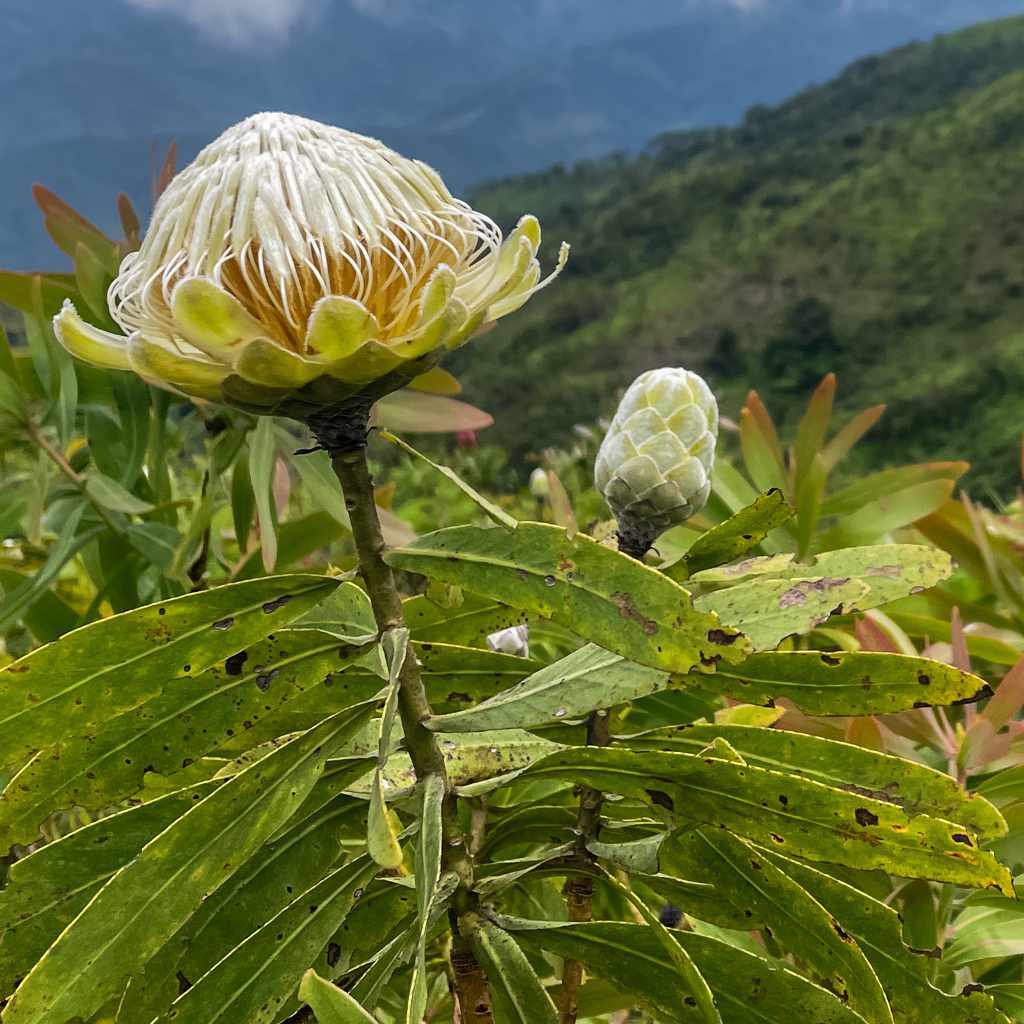
Our Projects
Rubeho Mountains Carbon Project
Project Overview
The Rubeho Mountains Carbon Project exemplifies Eden’s strategic evolution to carbon-eligible landscape restoration, protecting 260,900 hectares of existing forests while restoring 10,000 hectares in Tanzania’s Eastern Arc Mountains. This globally significant biodiversity hotspot provides critical water resources for millions, including Dar es Salaam’s 7.5 million residents.
Led by Compassionate Carbon Tanzania Limited, a subsidiary of Eden: People+Planet, this active project demonstrates how market mechanisms can amplify philanthropic impact. The 40-year commitment combines avoided deforestation (REDD+) and restoration (ARR) to generate an estimated 14.8-23.5 million verified carbon credits, creating sustainable funding for both ecological protection and community development across 40 villages.
Through collaborative partnerships with local communities, government authorities, and technical experts, the project establishes a replicable framework for carbon-eligible landscape restoration that delivers measurable climate impact while transforming lives and ecosystems for generations to come.
Ecosystem
The Rubeho Mountains Carbon Project encompasses a diverse landscape mosaic including 46,775 hectares of montane evergreen forest, 183,351 hectares of eastern miombo woodlands, 19,659 hectares of lowland forest, and 11,136 hectares of acacia-commiphora woodland. As part of the Eastern Arc Mountains, these ancient forests represent relics of pan-African forests persisting since the Miocene era.
The landscape demonstrates exceptional biodiversity with high endemism due to long isolation, with recently discovered species unique to Rubeho. These mountain forests serve as critical water catchments feeding the Great Ruaha and Mkondoa Rivers, supporting agriculture, hydropower, and water supply for 7.5 million residents of Dar es Salaam.
Through our 40-year carbon project commitment, Eden is protecting 260,900 hectares of existing forest while restoring 10,000 hectares. This addresses current deforestation rates of 0.15-1.60% annually across different forest types, driven by agricultural expansion, resource extraction, frequent fires, and limited village-level governance capacity.
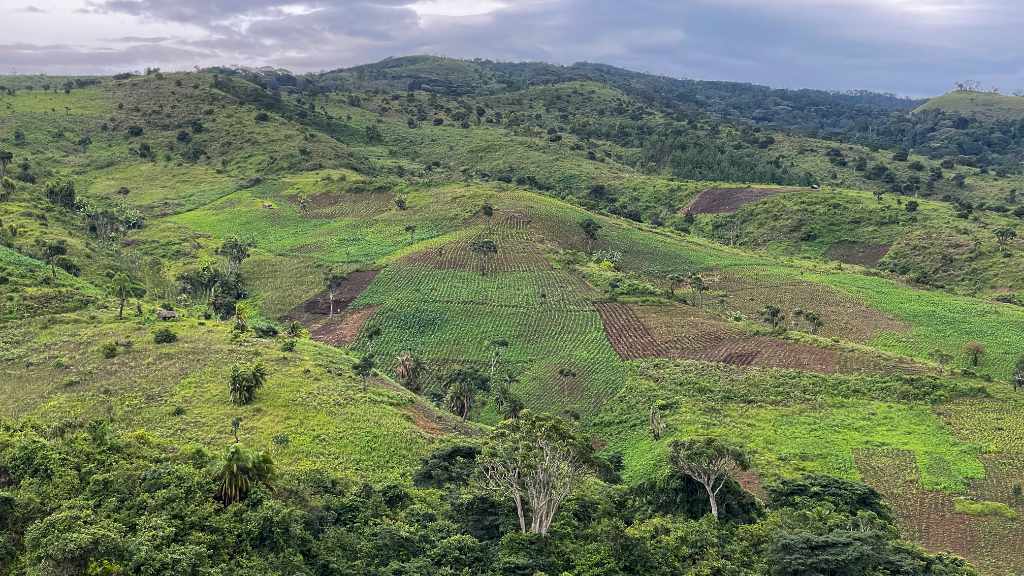
| Stat Label | Stat Value |
|---|---|
| Project Area | 394,000 hectares |
| Carbon Potential | 13.7-19.3 million VCUs |
| Communities Engaged | 40 villages with ~92,500 people |
| Restoration Target | 11 million trees |
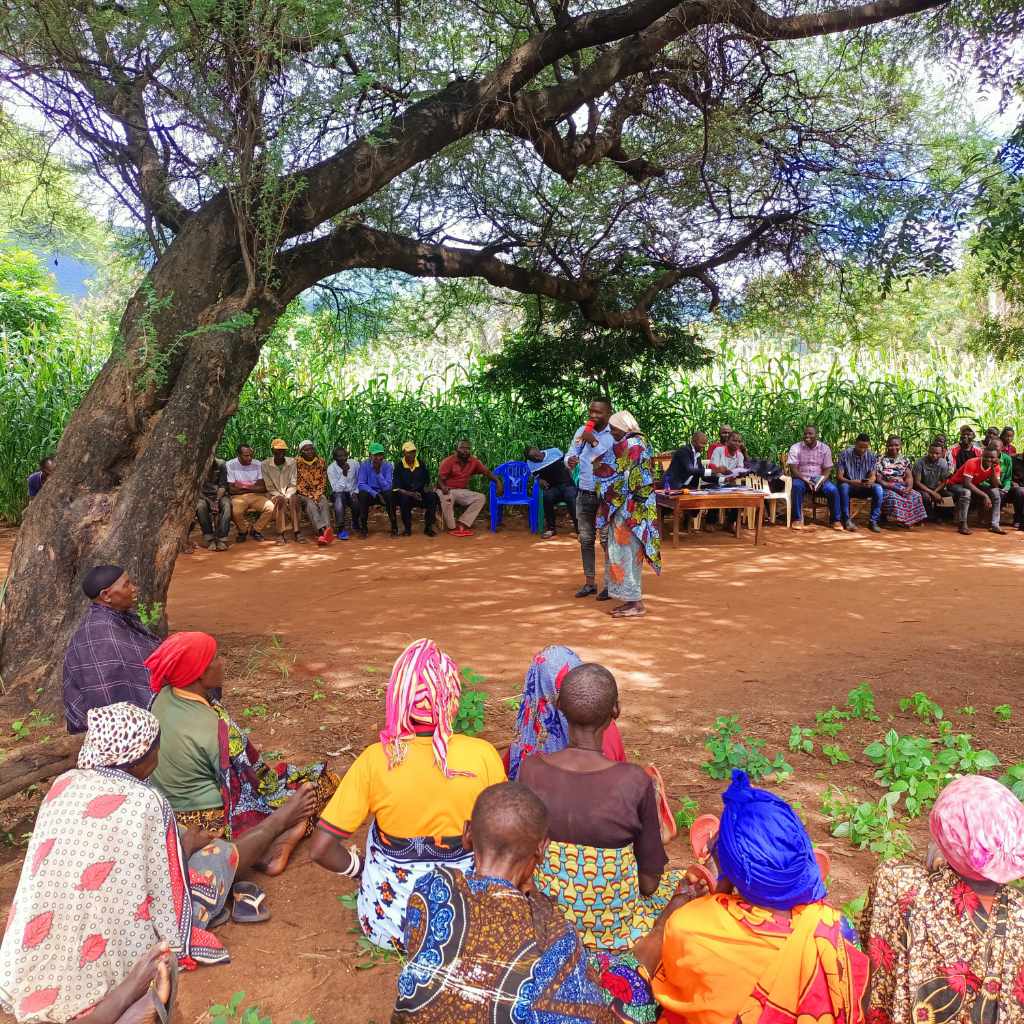
Community
The project area encompasses approximately 92,458 people across 40 villages in Tanzania’s Mpwapwa and Kilosa districts. These predominantly rural communities rely on small-holder farming, cultivating maize, beans, and other staple crops on 1-5 acre plots, with average annual incomes of US$248 (2022).
Through a 40-year commitment to carbon-eligible landscape restoration, the project partners with communities to develop forest management systems that balance protection with sustainable use. Village Natural Resources Committees take leadership roles in governance, while sustainable livelihood programs reduce pressure on forest resources.
Carbon revenues from an estimated 14.8-23.5 million lifetime VCUs flow directly to communities through a transparent benefit-sharing mechanism compliant with Tanzania’s Carbon Trading Regulations. This empowers villages to invest in development initiatives while creating employment through protection, restoration, and monitoring of 260,900 hectares of existing forests and 10,000 hectares of restoration areas.
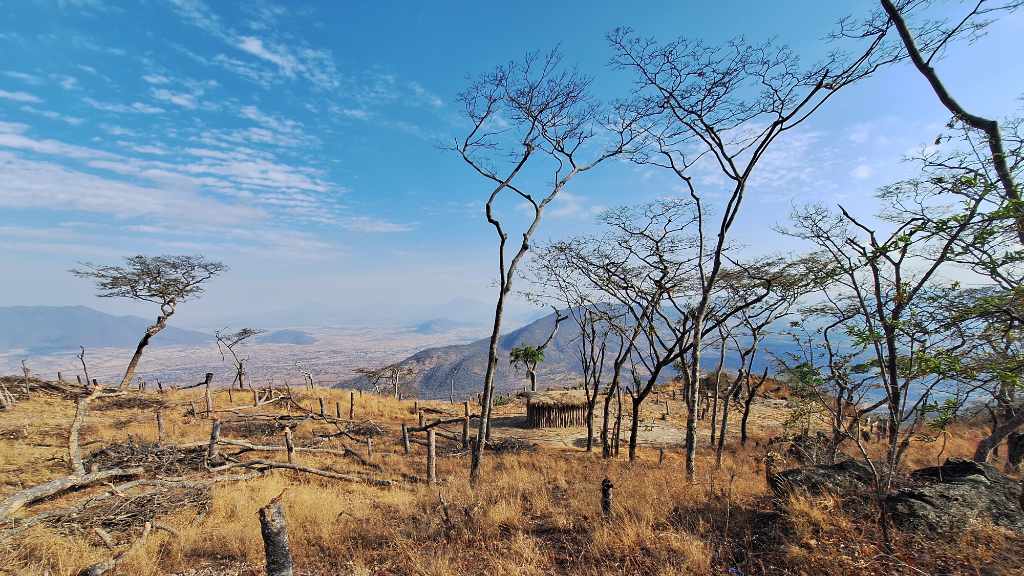
Technical Approach
The Rubeho Mountains Carbon Project implements an integrated carbon-eligible landscape restoration approach through two complementary methodologies:
REDD+ Component: Protects 260,900 hectares of Eastern Arc Mountains forests and woodlands through community-based management. Using Verra’s VM0048 methodology, the project will prevent 70,520-86,168 hectares of projected deforestation over 40 years, generating an estimated 12.8-18.4 million VCUs through enhanced protection, governance, and sustainable livelihoods.
ARR Component: Restores 10,000 hectares of degraded land focusing on montane forest buffer zones. Following Verra’s VM0047 methodology, the project will establish approximately 11 million trees while facilitating natural regeneration, generating an estimated 2.1-5.1 million VCUs over the project lifetime.
Both components apply Climate, Community & Biodiversity Standards to ensure lasting co-benefits. Implementation follows Eden’s proven model where community development and carbon finance create enduring landscape transformation, supported by robust monitoring of carbon stocks, biodiversity, social impacts, and agricultural changes.
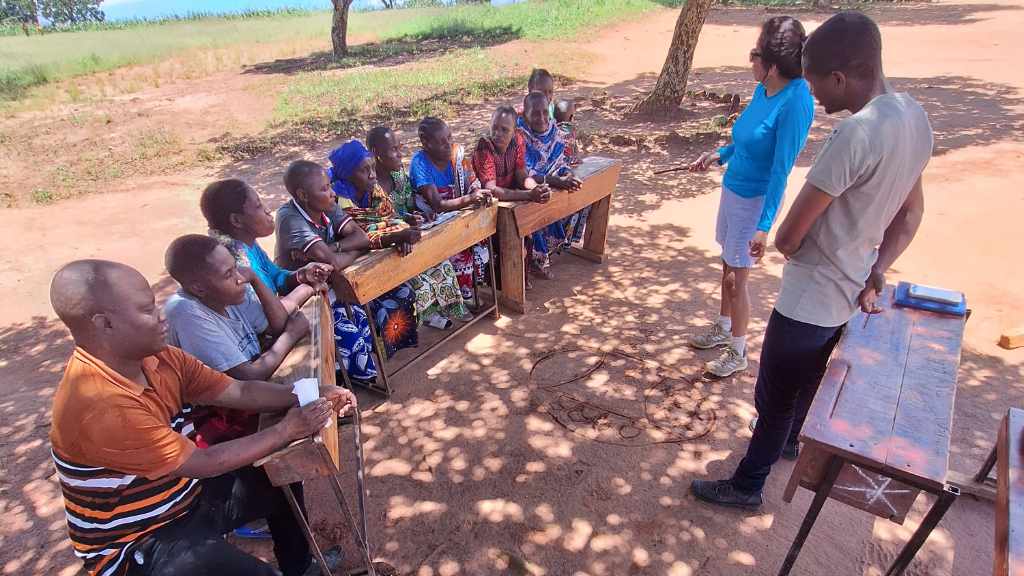
Progress and Impact
The Rubeho Mountains Carbon Project demonstrates Eden’s evolution to carbon-eligible landscape restoration, with active implementation beginning in 2025. This 40-year commitment protects 260,900 hectares of existing forest while restoring 10,000 hectares, generating an estimated 14.8-23.5 million verified carbon credits over the project lifetime.
Initial implementation focuses on the Mafwomero South-East Forest Cluster, where six villages are establishing protection and restoration frameworks. The project follows Eden’s proven community-centered approach, ensuring lasting benefits for 92,458 people across 40 villages through sustainable livelihoods and governance strengthening.
2025 targets include planting 800,000 indigenous trees, bringing 300+ hectares under restoration, maintaining 100+ km of fire breaks, and completing project design documentation. Through blended finance combining philanthropic support with carbon market mechanisms, the project creates a self-sustaining restoration economy benefiting communities for generations.
